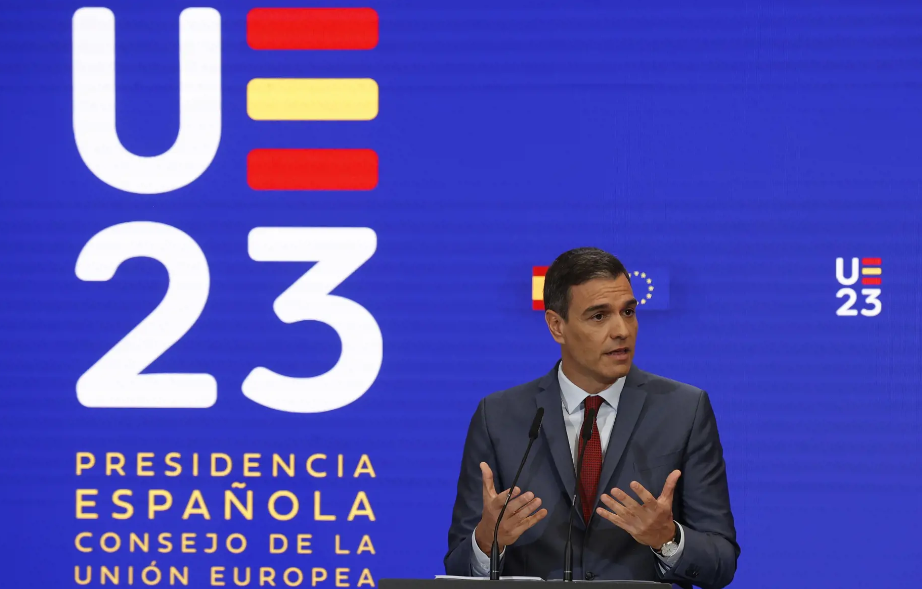
On 1 July, Spain assumed the rotating Presidency of the Council of the European Union, succeeding Sweden. Every six months, a member state takes on this position to ensure the smooth running of the EU legislative process and facilitate coordination among member states. As the current holder of the Presidency, Spain now wields the power to set the agenda for internal works and interinstitutional negotiations. This responsibility carries exceptional significance in the current semester as it represents the final full Presidency of the Council of the EU before the European elections scheduled for June 2024.
To navigate its term, Spain has identified four main priorities: reindustrialising the EU, progressing in the ecological transition, achieving social and economic justice, and strengthening European unity. Within this framework, significant progress is expected in implementing the Green Deal Industrial Plan (GDIP). Specifically, attention will be given to key files such as the Critical Raw Materials Act, the Net Zero Industry Act, and the reform of the Electricity Market Design.
The first two initiatives aim to reduce the EU's reliance on critical raw materials and promote the development of a clean energy manufacturing industry, thereby attracting new companies and generating employment opportunities in Europe. On these, the Presidency will first strive to achieve a common position between member states. As for the third GDIP proposal, the reform of the Electricity Market Design, it is currently at a more advanced stage of the legislative process. Consequently, it will soon enter interinstitutional negotiations with the Parliament and the Council, with the goal of reaching an agreement in the autumn.
The Spanish Presidency will also attempt to expedite the advancement of legislative files related to the Fit for 55 initiative, with a particular focus on the Gas Package and energy efficiency regulations. Furthermore, and in alignment with its third priority, Spain will strive to advocate for the allocation of public finances to the green and digital transitions.
In this context, EERA's policy work is fully aligned with the prospective legislative agenda set by the Spanish Presidency. Significant progress has already been made on the outlined priorities, providing a prime opportunity for the clean energy research community it represents to assert its voice in the ongoing legislative processes. The second semester of 2023 will also witness the anticipated launch of the revamped SET Plan, a process in which EERA has been actively involved since its inception. A significant milestone to highlight and advance the organisation's policy work is scheduled for 17 October in Brussels (BE) with the holding of the EERA High-Level Policy Conference. Similarly, a crucial moment for the SET Plan is scheduled for 13 and 14 November in Barcelona (SP).
In what will be a particularly intense semester, the Spanish Presidency assumes the crucial responsibility of finalising central files in the frame of the clean energy transition amidst a politically uncertain context, where the upcoming European elections have the potential to change the current balance of powers significantly. In this challenging environment, EERA is committed to actively supporting and collaborating with the Presidency while remaining steadfast in its mission to advance the clean energy agenda in the evolving political landscape of the future.